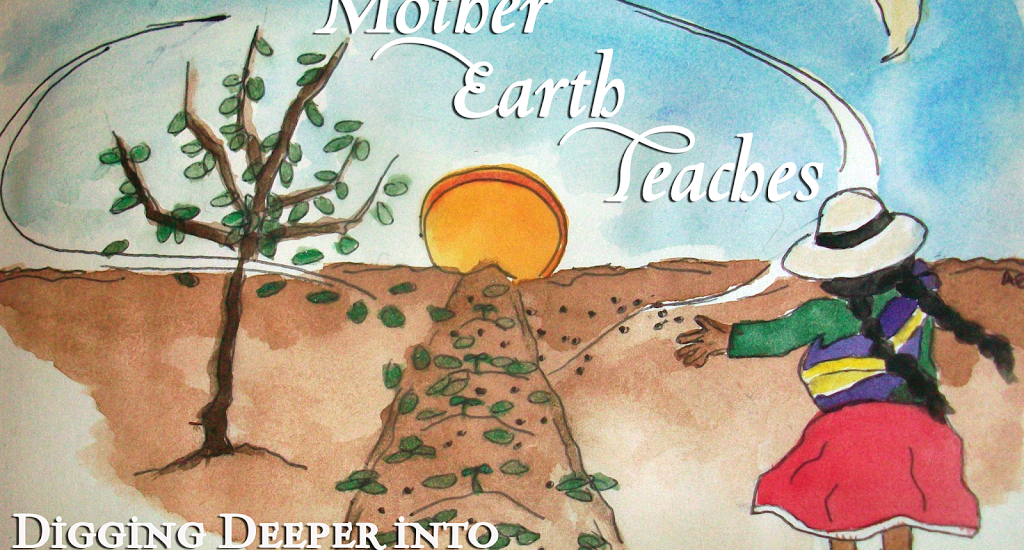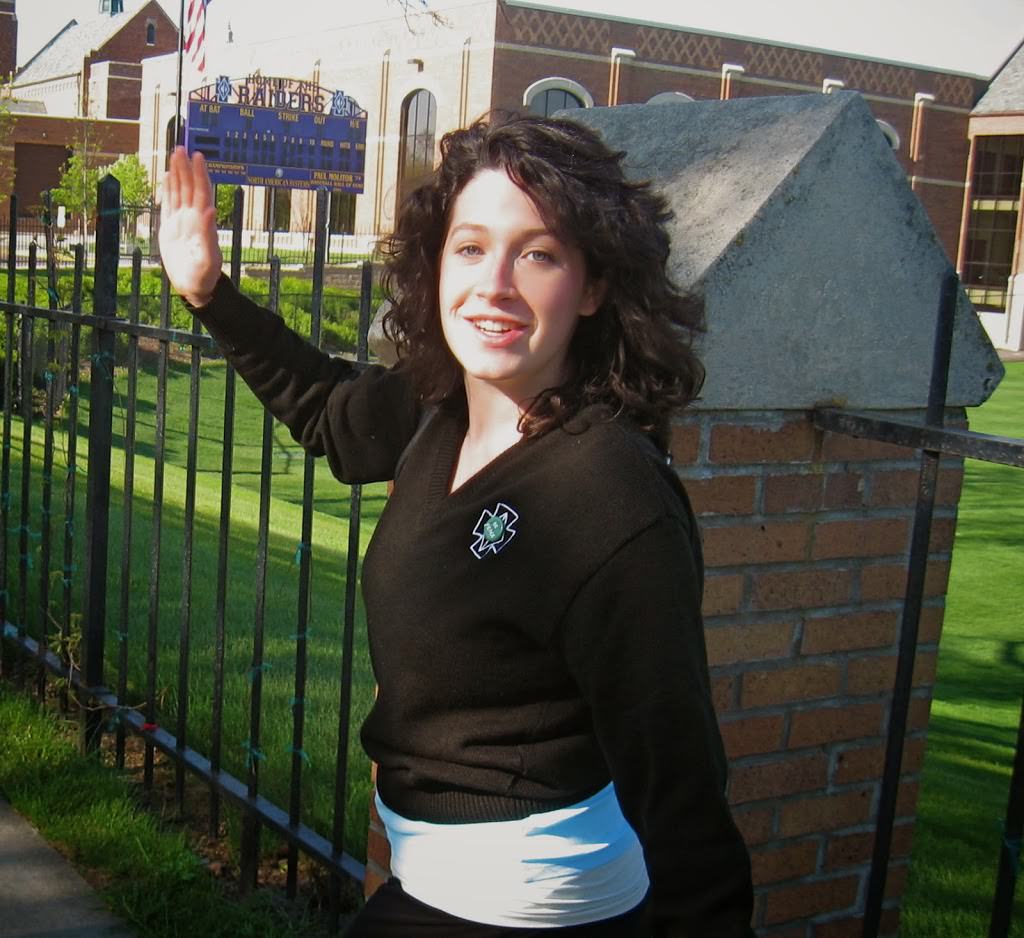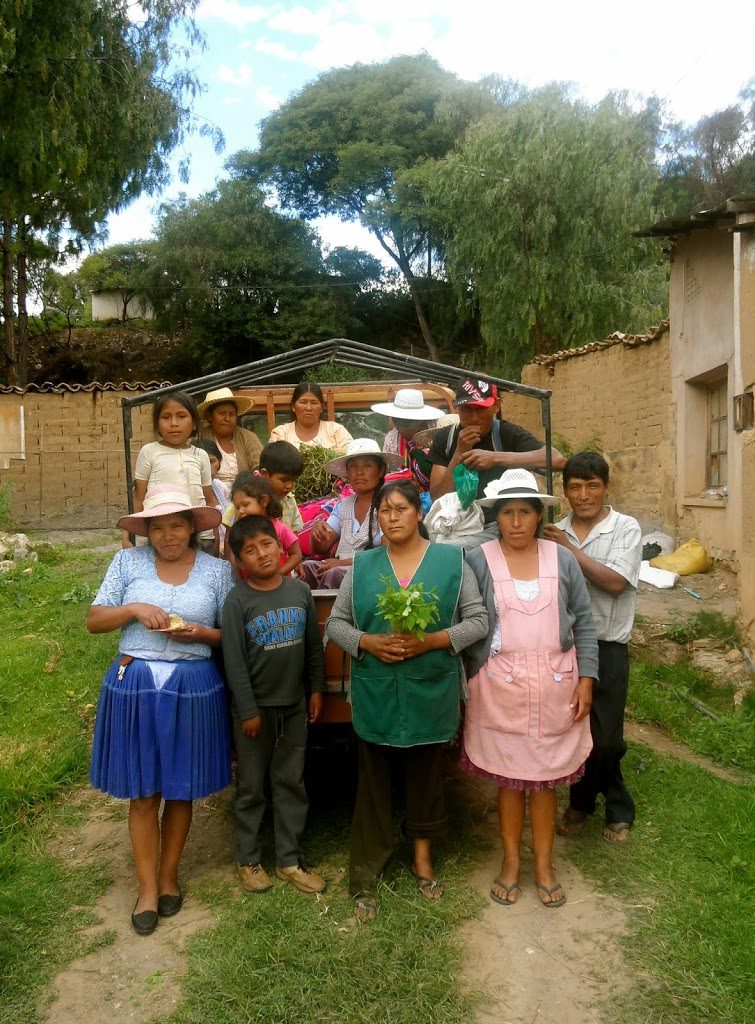NEW SERIES! Mother Earth Teaches: Digging Deeper into Faith, Community, and Justice

Today we launch a new series by lay missioner Annemarie Barrett about what she has learned from her time working in the parish garden alongside rural communities in Bolivia.
Okay, so I am just going to say it again. I grew up in the city, disconnected from the land. In my parents’ house, we grew flowers, never food. And I mostly liked to smell the flowers, never water them or tend to them.
 |
| Annemarie in high school at Cretin-Derheam Hall |
The vegetables I ate came packaged. Lettuce was wrapped in plastic. Green beans were frozen. Carrots were all the size of my finger, smooth and ridgeless.
I did not know anyone who farmed and no one who grew their own food.
But I loved living in the city as a kid. And even as I grew older, I only considered college options in large cities. I landed at Loyola University in Chicago.
 |
| Downtown Chicago and Lake Michigan near Loyola University |
And it wasn’t until my Catholic Worker friends in Chicago followed Dorothy Day’s call to Catholic agrarianism and started their own farm outside of the city, that I first really worked with the land.
I spent almost all of my days near computers and books, both in work and my studies.
But each time I visited their farm in Monee, Illinois, I came back with my clothes and hands dirty, my whole body sore and my soul renewed. I experienced there, for the first time, how working with the land can offer both physical and spiritual health.
It was during that time that I also started eating vegetables grown by people I knew. My friends and I exchanged work at the local Catholic Worker house for a fresh bag of vegetables from their farm.
 |
| White Rose Catholic Worker Farm. Photo by Jerica Arents |
I started to learn what vegetables fresh from a farm looked like, how to care for them and how to prepare them.
I started to appreciate the difference in the quality of the flavors. And I loved the soul nourishing practice of eating food grown by friends.
The circle of people I knew growing food expanded and eating food grown by friends became the norm.
 |
| Community of Santa Rosa in Bolivia |
As Franciscans, we talk early and often about ongoing conversion, we believe that conversion does not come to pass in one single experience, but that it is an ongoing process of engagement with our communities and the Earth that constantly invites us to conversion.
So I mean to start the conversation about our ongoing conversion, the focus of this four part blog series, in our relationship, personal and collective, to the land.
My own conversion story begins from the perspective of city girl. But today is defined by my experiences working everyday in a small organic farm in the southern zone of Cochabamba and accompanying migrant farming families who now live in the city, far from their homeland.
My hope in this series is to share stories from my own process of conversion in relationship to our Earth and what this evolving relationship is teaching me about living simply, solidarity, care for creation and the ministry of presence, all values at the heart of Franciscan spirituality.
Tagged in:
